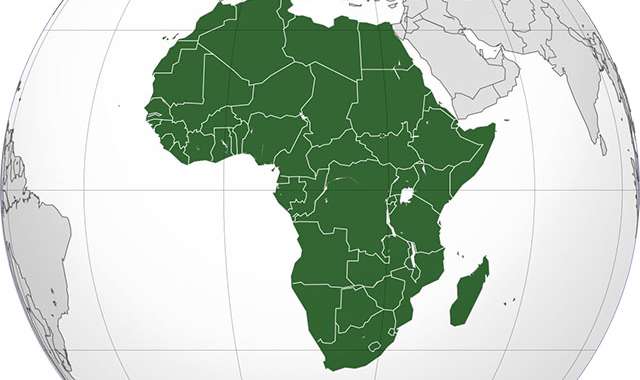‘Good governance major impetus for Africa’s change’

ADDIS ABABA. — High-level African socio-economic experts and policymakers have emphasised good governance as a major impetus to the realisation of Africa’s transformation in the economic development and democratisation process.
They made the call during the African Economic Conference 2017, which was jointly organised by the United Nations Economic Commission for Africa (UNECA), the African Development Bank (AfDB) and the United Nations Development Program (UNDP).
The three-day conference, which is underway at the UNECA headquarters in Ethiopia’s capital Addis Ababa from December 4 to 6 under the theme “Governance for Structural Transformation,” underscored the need to put in place good-governance toward Africa’s transformation and democratisation.
Ethiopian Prime Minister Hailemariam Desalegn told conference participants that good governance drives transformation, development and democratisation.
“Africa has the opportunity to determine its own future and cannot fail to structurally transform its economies for the benefit of its people. This is not time for indecisiveness and passivity,” Desalegn said.
“We Africans are the origins of humanity. We were once the centre of civilisation. It is a scorching and puzzling irony that we are looking for better lesson from elsewhere to catch up with the rest of the world,” he added.
According to the prime minister, enhancing or developmental governance capabilities is the most important and feasible way toward bigger achievement during the initial periods of growth and transformation.
Desalegn also stressed on the potentials of Africa, saying that “as millions of labour-intensive manufacturing jobs leave late industrializers for better labour markets, this century is indeed an African century.
History bestows the chance and also the responsibility upon us to grab this opportunity and bring our beloved continent out of misery and backwardness.”
Vera Songwe, Executive Secretary of UNECA, stressed that illicit financial flows represent a substantial drain in the African continent, which reduces its ability to make investments in education, health, science, and infrastructure needed to achieve industrialisation goals.
Songwe added that African countries take as a priority strengthening their institutional architecture designed to tackle illicit financial flows and other challenges.
Lamin Momodou Manneh, Director of the UNDP Regional Service Center for Africa, also underscored that Africa’s long-term transformational growth trajectory depends on effectively addressing existing political, economic, social and environmental governance deficits.
“Good governance is the single most important factor in eradicating poverty in Africa,” Manneh said.
African Economic Conference participants also indicated that the gathering will offer a unique opportunity to reflect on the progress made by African countries in structurally transforming their economies.
The conference, which serves as a platform to discuss government policies, brought together African experts and policymakers to deliberate on institutions and mechanisms that are expected to unlock the transformative potential of African economies, hence contributing to building resilient societies on the continent. — Xinhua.





Comments